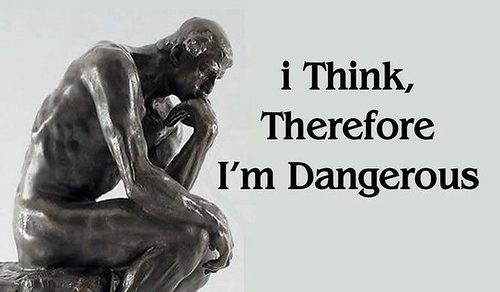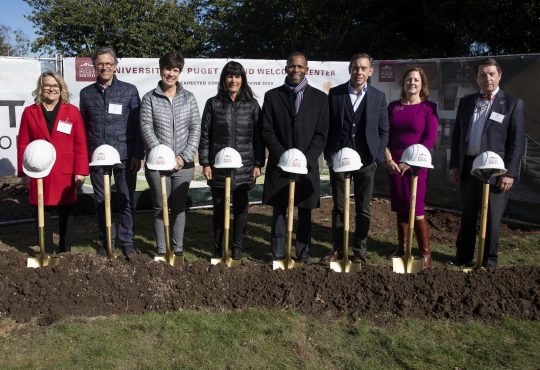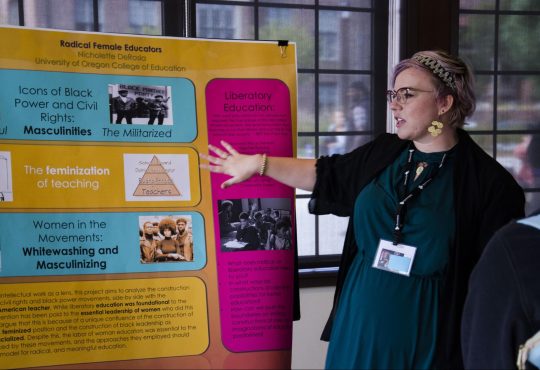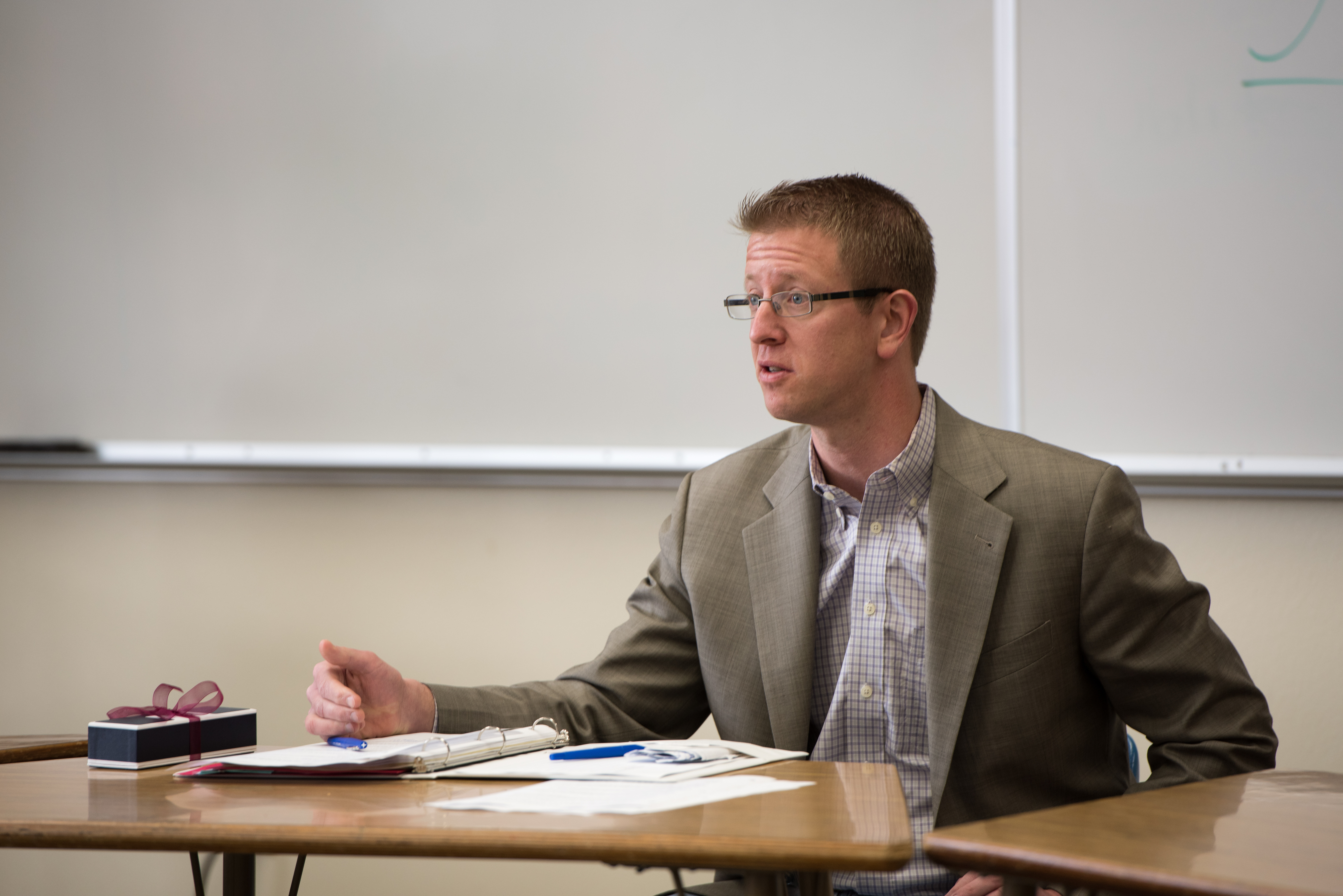
We’ve all dealt with difficult classes where we are pushed to our limits by demanding professors and coursework. Challenging classes are a necessary part of the college experience. However, there is a fine line between a difficult class that pushes students to grow and a class that is made unnecessarily difficult by a lack of instruction.
The Glossary of Education Reform includes the term “hidden curriculum,” which I think offers a framework to examine how knowledge gaps manifest on our campus. This phenomenon accounts for all of the undefined expectations that schools place on students. Each school culture is unique, so each “hidden curriculum” is also unique.
Students on our campus come from a range of educational experiences, and we each bring something different to the classroom. For this reason, it becomes an issue when our instructors assume a shared knowledge base among us.
Many of us have faced this issue at some point. Whether just as an individual or an entire class, we have all probably been in a class where we were missing key foundational knowledge. Professors can often assume there is a certain level of pre-existing knowledge in subject and therefore teach only the higher-level material without fully covering the foundational information.
In my time at the University, I have had several classes where I (and others in the class)did not have the foundational base for classes, even introductory, 100-level courses that should have covered the basics.
It would be unreasonable to expect professors to entirely alter their curriculum to teach material that is purely foundational. However, if an entire class is lacking in foundational information, then a professor should provide at least one class period to provide an outline of the foundational knowledge.
Doing so is beneficial to students and professors alike; students will have a better understanding of the material and therefore be able to interact with it more effectively. In turn, class discussions can go even further. On the flip-side, when a class on the whole is lacking key foundational knowledge to a course, class discussions are going to be inhibited by a collective confusion.
Another tactic professors might take to address a lack of foundational knowledge is pointing students in the direction of resources that will help to fill in the gaps. The Center for Writing Learning and Teaching (CWLT) can be a great tool for students; however, the CWLT cannot fully teach a foundational knowledge to a student who has not been exposed to it before. Other resources, such as links to websites and videos, can help but also might not fill in the gaps all the way.
As university students, we have to be willing to self-advocate. There are going to be classes where we are missing some of the foundational information. If early on we think that might be a roadblock to us doing well in the class, we need to be proactive and talk about our concerns with the professor and make use of resources that exist for us. If a professor does not realize that their students are lacking foundational knowledge, how would they know to teach it?
It comes down to creating an accepting environment that allows room for students to ask questions. In order to achieve this, professors and students alike have to advocate for openness.






